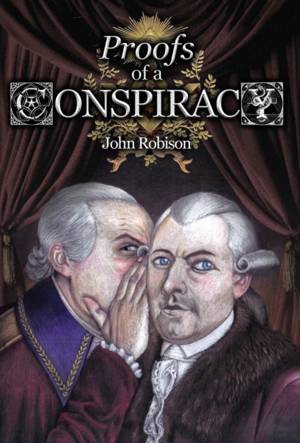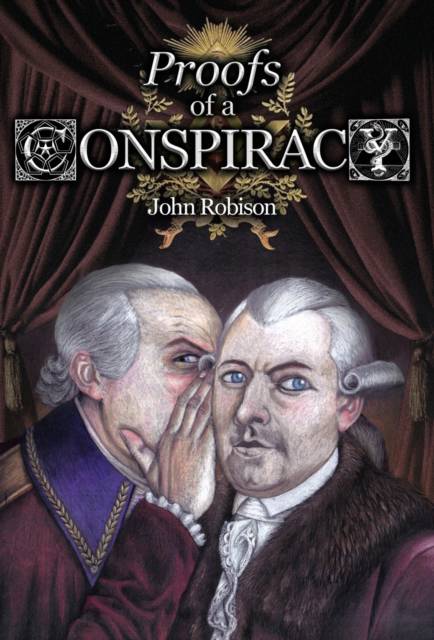
- Afhalen na 1 uur in een winkel met voorraad
- Gratis thuislevering in België vanaf € 30
- Ruim aanbod met 7 miljoen producten
- Afhalen na 1 uur in een winkel met voorraad
- Gratis thuislevering in België vanaf € 30
- Ruim aanbod met 7 miljoen producten
Proofs of a Conspiracy against all the Religions and Governments of Europe, Carried on in the Secret Meetings of Free-Masons, Illuminati, and Reading Societies, Collected from Good Authorities
John RobisonOmschrijving
France, 1797: the country lies prostrate, but the revolution rages on, pulverising what little is left of a nation once considered the pinnacle of European civilisation, the apex of elegance, fashion, and refinement. 17,000 people guillotined, including the King and his wife, Marie Antoinette; stately homes ransacked, libraries turned to ash, farms picked clean by theft and confiscations, severed heads and limbs on public display, and in the countryside, instances of vengeful cannibalism are recorded. All supported by high-flown rhetoric and lofty moral ideals. How could this have occurred? Was it a spontaneous anomaly, or the execution of a plot? Surely, a hard winter, the price of bread, sclerotic sinecures, and neglected provinces are not guarantees of a massacre. Could it be that it was orchestrated by seditious elements operating within secret societies? Could it be that the Enlightenment ideas they propagated were but the self-serving platitudes of narcissists intent on tearing down the monarchy, the church, and civil society? Were the Freemasons, the Illuminati, and the German Union the true instigators of the catastrophe? Alarmed by what he once observed in continental lodges and convinced that the hidden hands of destruction still posed a threat, John Robison's Proofs was an effort to warn his countrymen. He exposes the malefactors, their organisations, and their methods of recruitment and infiltration; he analyses their character and psychology; and he provides a systematic critique of their ideological vapourings. Sensational when first published but soon forgotten, Proofs has remained tremendously influential nevertheless, being the first book in English to interpret historical events as the result of a conspiracy.
Specificaties
Betrokkenen
- Auteur(s):
- Uitgeverij:
Inhoud
- Aantal bladzijden:
- 622
- Taal:
- Engels
Eigenschappen
- Productcode (EAN):
- 9781999357351
- Verschijningsdatum:
- 1/03/2022
- Uitvoering:
- Hardcover
- Formaat:
- Genaaid
- Afmetingen:
- 140 mm x 216 mm
- Gewicht:
- 934 g

Alleen bij Standaard Boekhandel
Beoordelingen
We publiceren alleen reviews die voldoen aan de voorwaarden voor reviews. Bekijk onze voorwaarden voor reviews.











